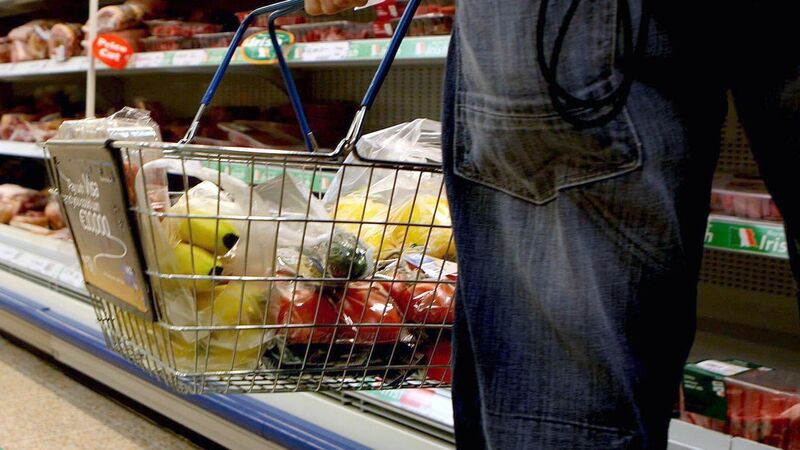Government urged to bring forward spring bonus welfare payment

Finance Minister Michael McGrath said a planned package of additional cost-of-living measures will be the final round of supports before the next budget.
The Government must bring forward a spring bonus welfare payment for all benefit recipients to ease the cost-of-living crisis, the Dáil has heard.
During a motion brought forward by Sinn Féin, the party’s deputy leader Pearse Doherty called for a double payment for those relying on a working-age social welfare payment, pensioners, people with disabilities, carers, and lone parents — some 1.3m people.














